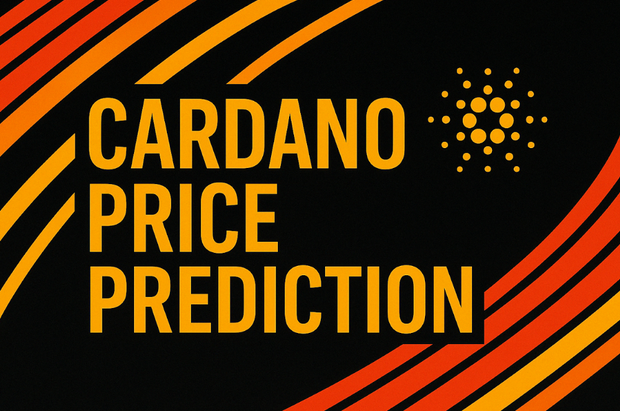ARTICLE AD BOX
Key takeaways:
- The OECD crypto reporting system is set to be implemented with a new proposal from the Minister of Revenue in New Zealand.
- If the data gathered by the Inland Revenue relates to reportable users in other countries, it will be distributed to the appropriate tax authorities globally.
The Organisation for Economic Co-operation and Development (OECD) crypto reporting system is set to be implemented with a new proposal from the Minister of Revenue in New Zealand.
The new Taxation (Annual Rates for 2024–25, Emergency Response, and Remedial Measures) bill was submitted by Simon Watts, New Zealand’s Minister of Revenue, on August 26.
Watts’ bill included tax relief provisions, the OECD’s Crypto-Asset Reporting Framework (CARF) adoption, yearly income tax rate confirmation, and Common Reporting Standard (CRS) modifications.
As a result of the new bill, reporting crypto-asset service providers (RCASPs) with headquarters in New Zealand will have to begin gathering data on reportable consumers who use their platforms as of April 1, 2026. In addition, by June 30, 2027, the crypto providers have to report the data to Inland Revenue.
If the data gathered by the Inland Revenue relates to reportable users in other countries, it will be distributed to the appropriate tax authorities globally. The completion of this information exchange is scheduled for September 30, 2027.
To put it plainly, the government will receive transaction data from traders using New Zealand exchanges. The tax department claims this will guarantee that crypto trading profits are appropriately taxed.
The government body emphasized that tax authorities do not have sight over revenue from crypto trading due to the rise of crypto assets.
According to the agency, efforts have intensified globally to guarantee that tax authorities maintain oversight over income or investment opportunities made available to individuals via large-scale intermediaries.
The New Zealand government states that RCASPs disregarding the new reporting requirements will pay a fine of $300 NZD ($186) for each occasion they disregard the CARF regulations. The maximum fine is 10,000 New Zealand dollars ($6,200).
The agency made it clear that RCASPs won’t be penalized if they can’t control the reason for their noncompliance. Nonetheless, service providers risk fines ranging from 20,000 to 100,000 $NZ ($12,000 to $62,000) if they fail to use “reasonable care” to comply with CARF standards.
Users risk a fine of $1,000 NZD ($621) if they do not submit the data required to meet the reporting requirements.
 (1).png)









 English (US) ·
English (US) ·